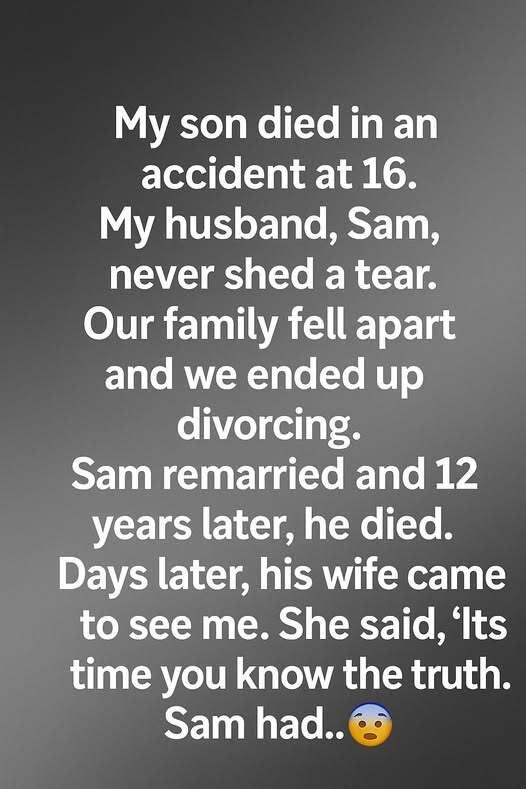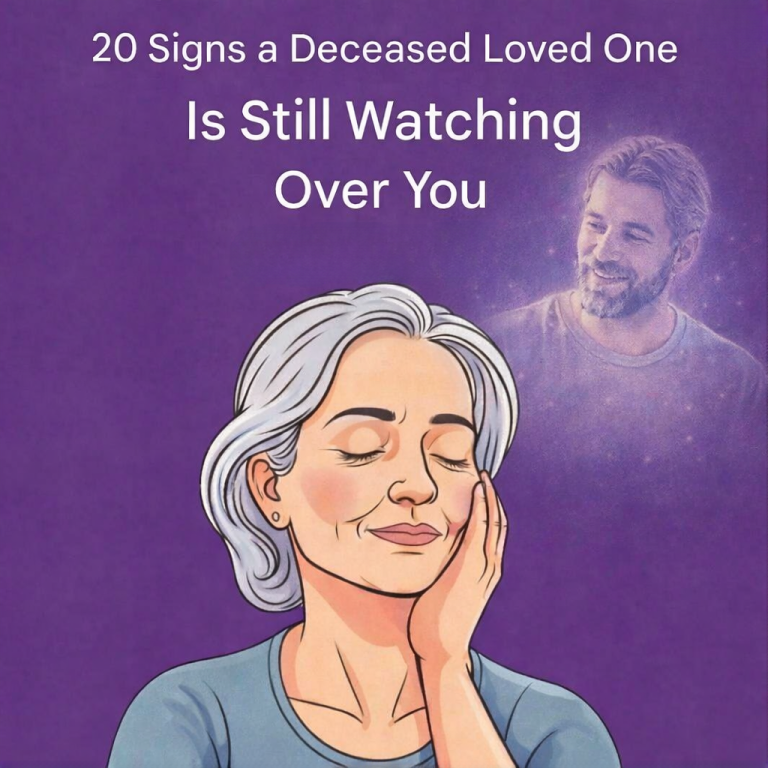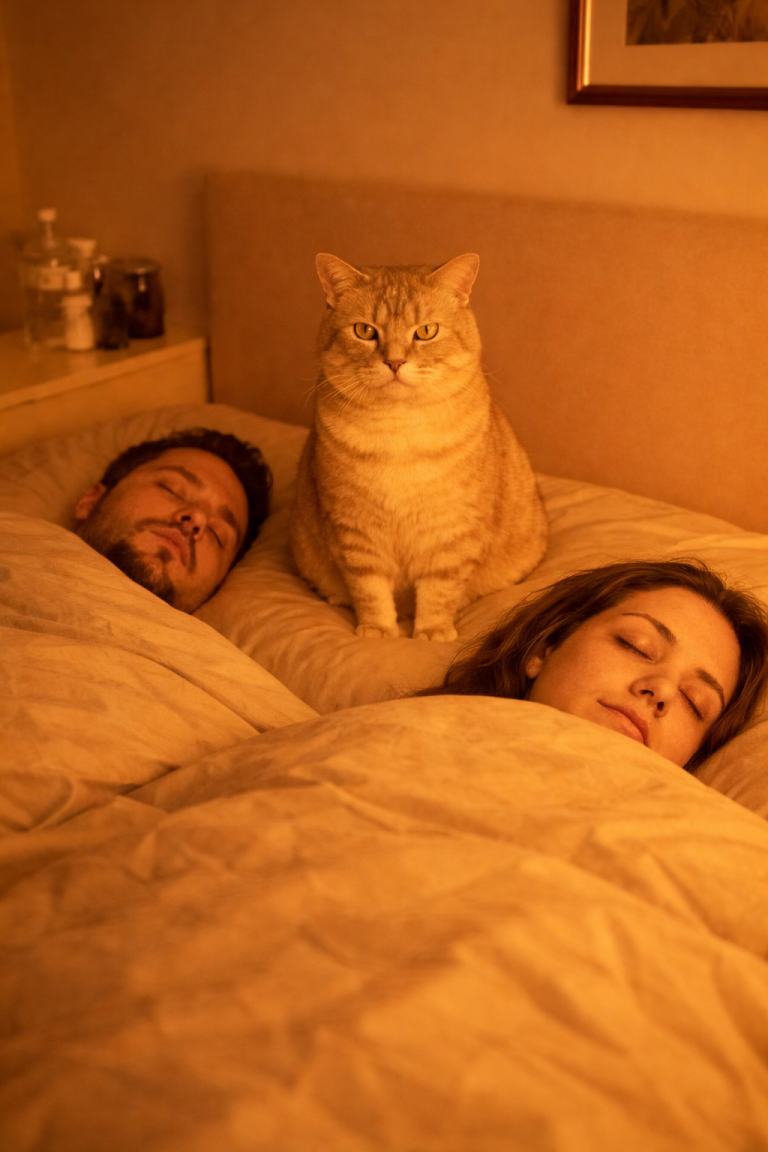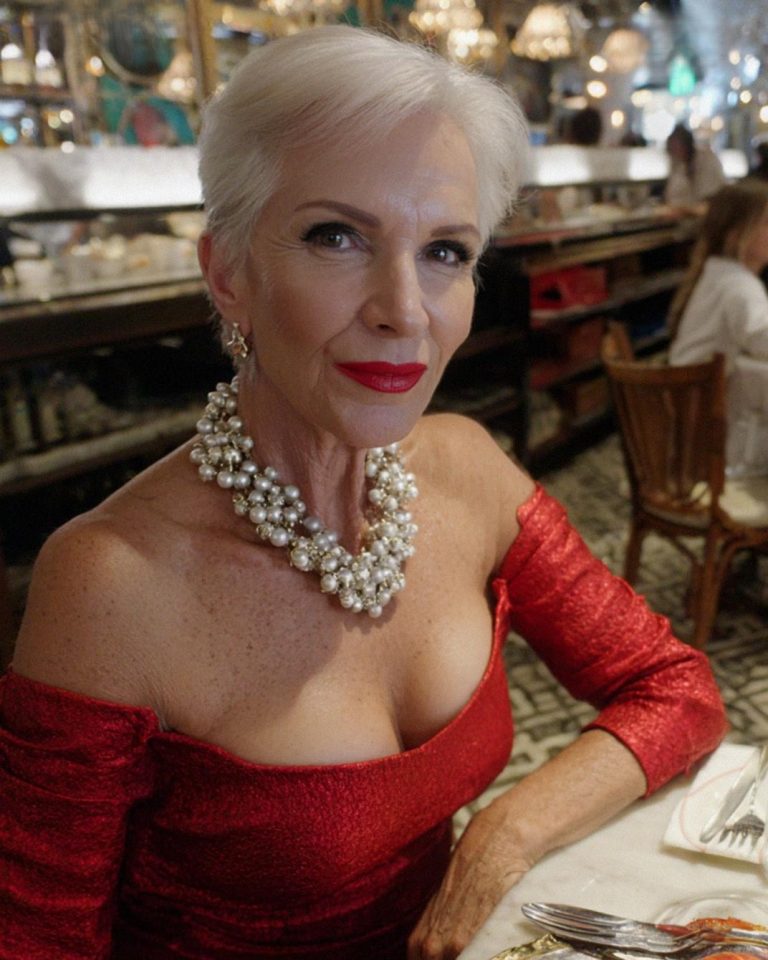
My son died in an accident at sixteen.
My husband, Sam, never shed a single tear.
Our family fell apart under the weight of the grief, and eventually, we ended up divorcing. I couldn’t live with a man who seemed so untouched by the loss of our child.
Sam remarried a few years later, and life carried on in separate directions. Twelve years passed. Then, Sam died suddenly.
A few days after the funeral, his wife came to see me. She looked nervous, almost fragile. Then she said, “It’s time you know the truth. Sam had…”
And that’s when everything I thought I knew about my marriage, my grief, and my son shattered.
Sam’s wife, Jenna, sat across from me at my kitchen table, twisting her wedding ring around her finger. Her eyes were red, but not from recent crying—more like exhaustion, the emotional kind that lingers for weeks.
I braced myself.
A confession?
An affair?
Some hidden medical issue?
What could possibly be so important that she came to me right after his death?
Finally, she exhaled.
“Sam had a journal,” she said quietly.
My heart skipped. Sam was never the journaling type—or so I thought.
Jenna reached into her handbag and pulled out a plain, leather-bound notebook. It looked worn, the edges softened by years of use.
“He told me that if anything ever happened to him, I should bring this to you.”
My chest tightened. Sam had left something behind. For me.
With trembling hands, I opened the journal.
The first page was dated the day after our son died.
And the first sentence broke me:
“I don’t cry on the outside because if I start, I won’t survive it.”
My vision blurred. I forced myself to keep reading.
Sam wrote about the accident, how he’d replayed the moment we received the news every day. He admitted he didn’t know how to comfort me—he feared that if he tried, he would fall apart completely. He described waking up in the middle of the night, driving to the crash site, sitting on the curb, and sobbing until sunrise.
He had cried.
He just never showed it to me.
He detailed how he blamed himself for our son’s death—even though it wasn’t his fault. He felt he failed as a father, and worse, he believed he failed as a husband because he couldn’t be strong for me in the way he thought I needed.
“I thought she needed someone solid,” one entry read.
“I didn’t know she needed someone broken with her.”
I broke down. All the years of resentment cracked open like ice thawing.
Jenna gently pushed a tissue toward me.
But the most shocking revelation was still to come.
Halfway through the journal, Sam wrote something that left me breathless.
“The reason I didn’t cry at the funeral is because… I promised him I wouldn’t.”
I froze.
Promised who?
I flipped the page.
And there it was:
“He asked me, just weeks before the accident, not to cry when he died. He said he didn’t want to see me sad if anything ever happened to him. He was joking—teenagers joke about immortality—but I told him I’d make that promise. I never thought I’d have to keep it.”
I felt the room tilt.
My son—my sweet, sixteen-year-old boy—had unknowingly made a request that his father honored in the most heartbreaking way possible.
Sam hadn’t cried because he loved him.
Because he promised him.
And because he believed breaking that promise would dishonor his memory.
I leaned back, sobbing into my hands. Years of anger, confusion, and misunderstanding drained from me all at once.
Jenna continued gently, “He loved you. He never stopped. He hated himself for how everything turned out.”
I closed the journal. My heart felt heavier, yet strangely freed.
“Why are you giving this to me?” I whispered.
“Because,” she replied, “Sam said you carried the heavier burden. You deserved to know the truth so you could finally let go.”
We sat in silence for a long time, two women connected by a man we both loved differently.
When she left, I held the journal to my chest.
For the first time in years, I didn’t feel anger toward Sam.
I felt… understanding.
That night, I visited my son’s grave and read the last entry out loud:
“If she ever reads this, I hope she forgives me.”
I closed the journal and whispered to both of them:
“I forgive you. And I’m sorry, too.”
As a soft breeze brushed through the cemetery, I felt something peaceful—something like closure.
For the first time in decades, I went home not feeling broken…
but healing.



